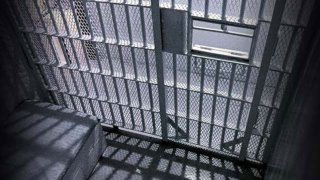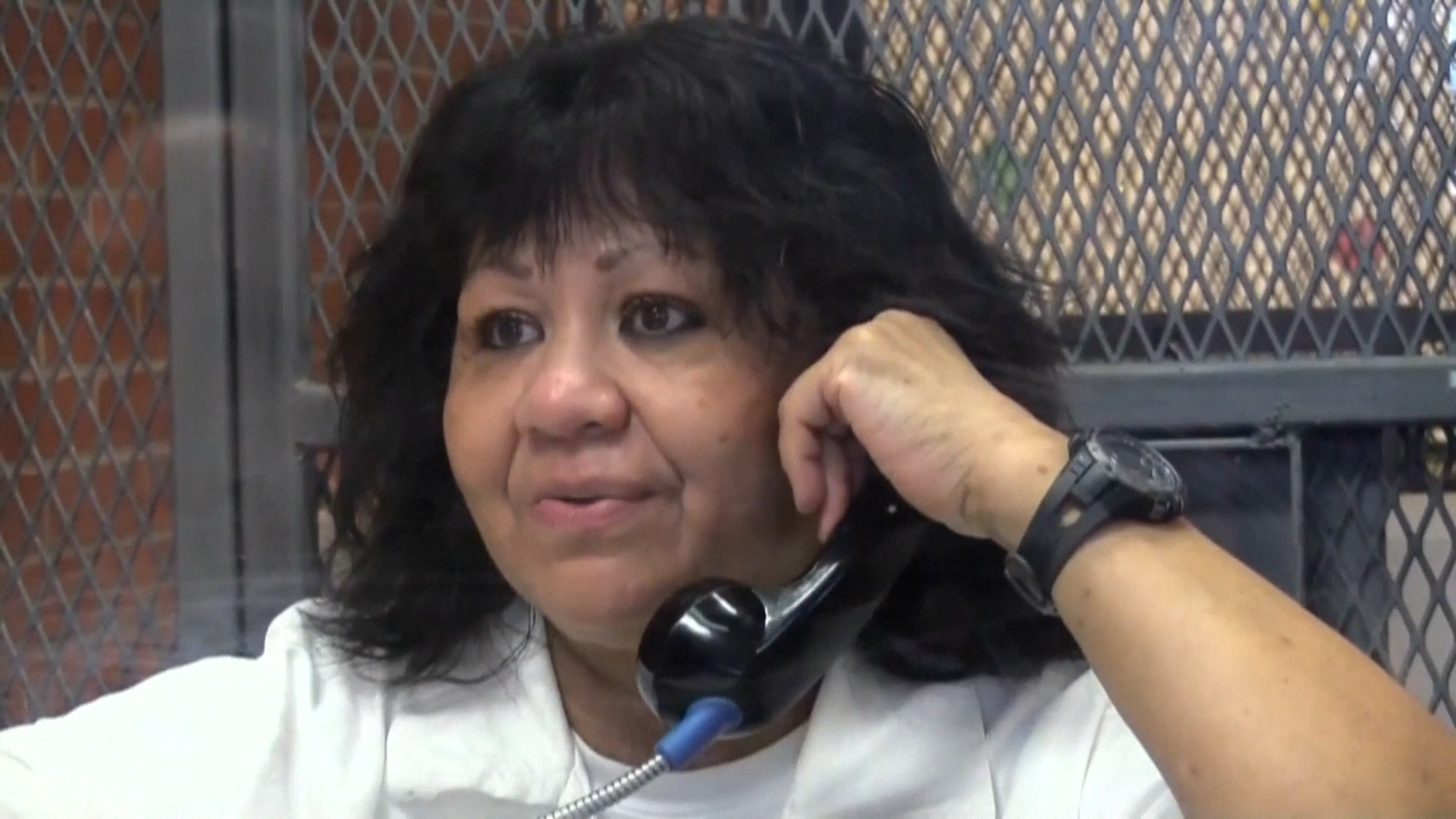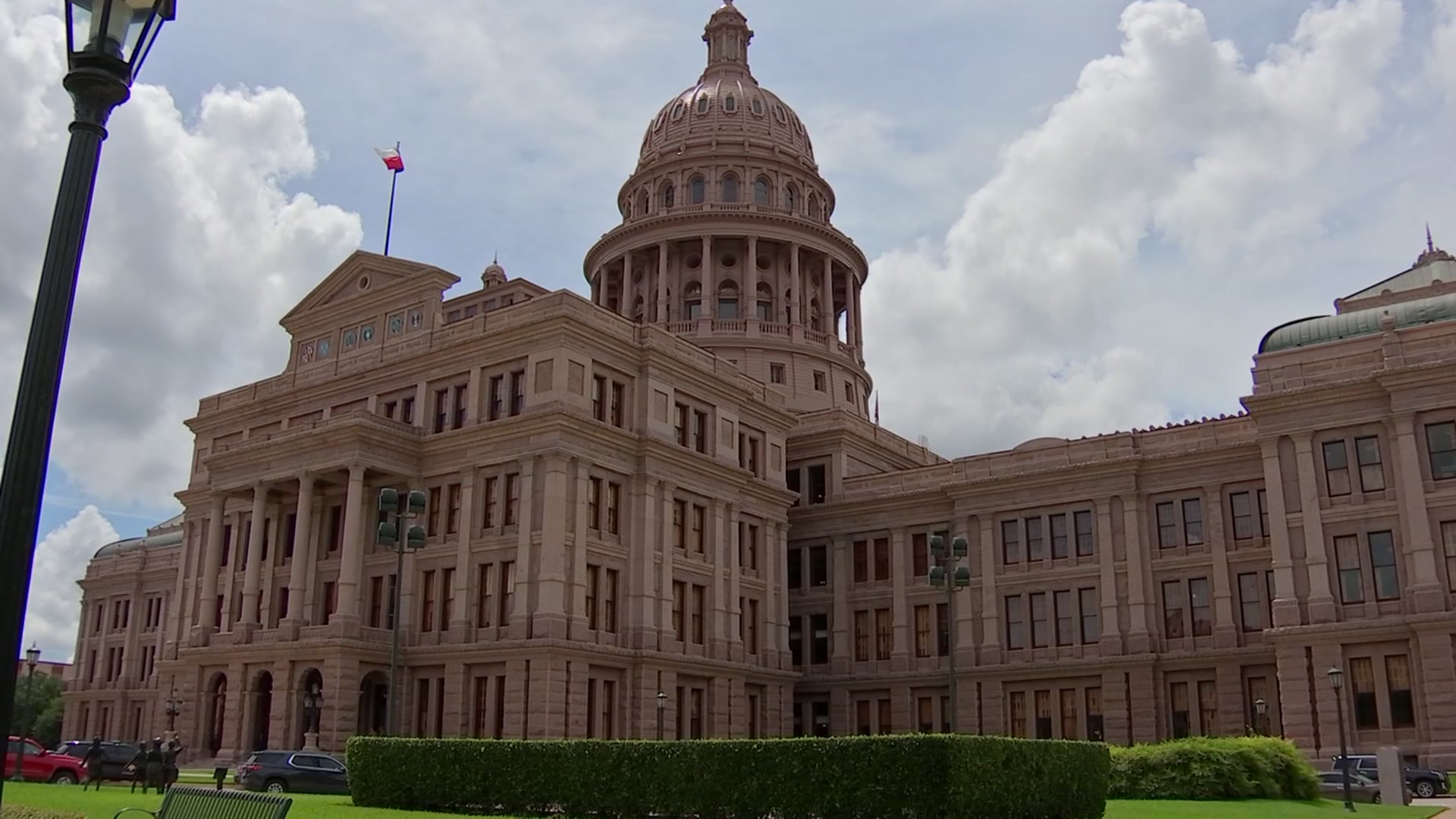
An investigation has found that new personnel and procedures along with insufficient oversight led to reporters not witnessing the state’s first execution in nearly a year, officials announced on Thursday.
Two reporters, including one with The Associated Press, had been set to witness the May 19 execution of Quintin Jones at the state penitentiary in Huntsville. But they were not escorted into a viewing room adjacent to the death chamber because a call was never made to summon them.
Jones, condemned for the September 1999 killing of his great-aunt, Berthena Bryant, was executed with no media present. The previous 570 executions carried out since Texas resumed capital punishment in 1982 all had at least one media witness — and it was often an AP journalist. The AP often is the sole media presence at U.S. executions, and explains the American death penalty process to the world. Media witnesses hold government officials accountable when executions are flawed.
“The (investigation’s) findings show that a culmination of factors caused the incident which was preventable and inexcusable,” the Texas Department of Criminal Justice, or TDCJ, said in a statement.
Get DFW local news, weather forecasts and entertainment stories to your inbox. Sign up for NBC DFW newsletters.
In the nearly 12 months that had passed between executions in Texas, many of those in the administrative team that take part in the process had retired or moved to different positions. That resulted in five members of the team having new roles, TDCJ said.
“While extensive training was conducted prior to May 19th, it became clear during the investigation that specific responsibilities for individuals participating in the process were not clearly defined,” according to TDCJ.
There was also confusion related to a new policy that allowed an inmate’s spiritual adviser in the death chamber.
Texas News
News from around the state of Texas.
In April, prison officials reversed a two-year ban on advisers created after the U.S. Supreme Court halted the execution of an inmate who had argued his religious freedom was being violated because his Buddhist spiritual adviser wasn’t allowed to accompany him.
The change in policy means that spiritual advisers now wait inside the Huntsville Unit instead of across the street inside another building along with reporters. Previously, both the spiritual adviser along with other witnesses and reporters would have all been summoned together to witness the execution.
“The hyper-focus on the new spiritual adviser procedures led to confusion and breakdown in communication,” according to TDCJ.
The investigation also found TDCJ lacked an individual who was independent of the execution process and who could solely focus on ensuring all steps were being followed. The agency has now designated a director from a division not tied to the execution process to ensure all procedures are followed.
TDCJ announced that disciplinary action has been taken against some employees following the investigation. But TDCJ spokesman Jeremy Desel said he did not immediately know how many employees were involved or how they were disciplined.
Other steps the agency has taken following the investigation include: additional training for those involved in the execution process; ensuring staff members participating in the execution process have clearly defined specific roles; and assigning a uniformed officer, who will be in direct contact with all parties involved in the execution process, to the area where reporters wait.
“There are a number of changes to some protocols just to add layers of checks and double checks,” Desel said.
The investigation found there was nothing intentional in what happened, Desel said.
He had previously said the prison agency does not believe any state laws were violated by not having media witness Jones’ execution.
Various legal and death penalty experts called what happened another example of what they see as a lack of transparency and competency in how the death penalty is carried out in the U.S.
“Executions must be done publicly to maintain the integrity of the judicial process. Indeed, the public interest is at its highest when the government is using its power to extinguish the life of a person. The media are the public’s eyes — and if they are excluded, there is no public witness,” Kelley Shannon, the executive director of the Freedom of Information Foundation of Texas, wrote in a letter sent earlier this month to Bryan Collier, TDCJ’s executive director.
Texas’ next execution is set for Wednesday.



